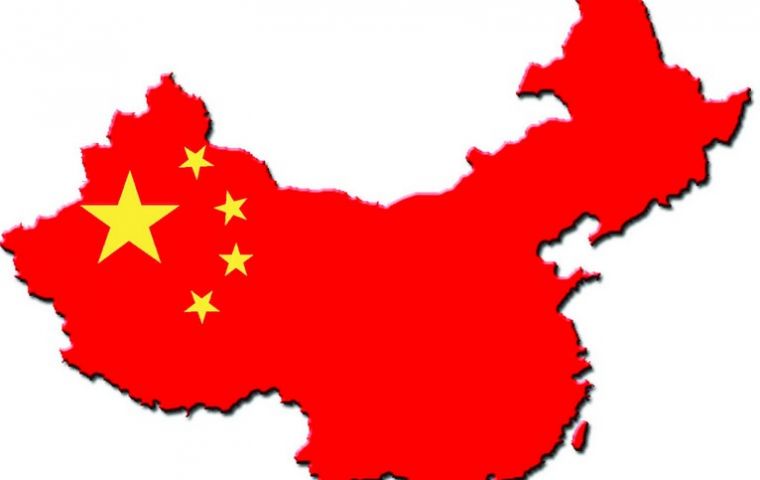MercoPress. South Atlantic News Agency
China and East Asia expected to grow at slower pace this year, says World Bank
 Chinese reforms are expected to have a profound impact on land, labor, and capital markets,
Chinese reforms are expected to have a profound impact on land, labor, and capital markets, The World Bank has trimmed its growth forecast slightly for China, citing a “bumpy start to the year”. It now expects the Chinese economy to grow by 7.6% in 2014, down from its earlier projection of 7.7%. A slew of disappointing figures has triggered concerns of a slowdown in the world's second-largest economy.
However, the bank said recent reforms unveiled by China were likely to help it achieve “more sustainable and inclusive” growth in the long term.
The Chinese government set out an ambitious and comprehensive reform agenda in November last year, aimed at overhauling its economy over the next decade. These include reforming the financial and services sectors as well as the big state-owned enterprises.
“If implemented, the reforms will have a profound impact on China's land, labor, and capital markets, and enhance the long-term sustainability of its economic growth,” the bank said in its latest report.
“Some reforms, including efforts to reduce regulatory and administrative burdens, reform taxation, and make more land available for commercial activities, are also likely to support growth in the short term.”
The bank also predicts that the Thailand economy will expand by 3% this year, down from its earlier projection of 4.5% growth. It said that “implementation delays and political uncertainties have been the major contributor” to the slowdown.
A series of anti-government protests in recent months have stoked fears of political uncertainty in the country and its impact on the Thai economy.
The World Bank added: “The expiry of the car tax rebate scheme, rising levels of household debt, falling commodity incomes, arrears in government subsidy payments to rice farmers, and crumbling consumer sentiment in the face of political instability all crimped consumption”.
The bank said it expected the developing East Asia Pacific region to grow by 7.1% in 2014, slightly lower than its earlier projection of 7.2%.
However, it said the developing economies in the region would see “stable economic growth this year, bolstered by a recovery in high-income economies and the market's modest response so far to the Federal Reserve's tapering of its quantitative easing”.
“East Asia Pacific has served as the world's main growth engine since the global financial crisis,” said Axel van Trotsenburg, a vice president at the World Bank.
“Stronger global growth this year will help the region expand at a relatively steady pace while adjusting to tighter global financial conditions”.




Top Comments
Disclaimer & comment rulesCommenting for this story is now closed.
If you have a Facebook account, become a fan and comment on our Facebook Page!